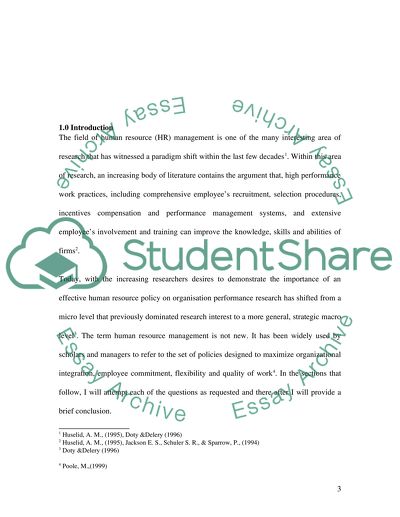Cite this document
(“Chief Executive Officers Compensation Essay Example | Topics and Well Written Essays - 2000 words”, n.d.)
Chief Executive Officers Compensation Essay Example | Topics and Well Written Essays - 2000 words. Retrieved from https://studentshare.org/miscellaneous/1526648-chief-executive-officers-compensation
Chief Executive Officers Compensation Essay Example | Topics and Well Written Essays - 2000 words. Retrieved from https://studentshare.org/miscellaneous/1526648-chief-executive-officers-compensation
(Chief Executive Officers Compensation Essay Example | Topics and Well Written Essays - 2000 Words)
Chief Executive Officers Compensation Essay Example | Topics and Well Written Essays - 2000 Words. https://studentshare.org/miscellaneous/1526648-chief-executive-officers-compensation.
Chief Executive Officers Compensation Essay Example | Topics and Well Written Essays - 2000 Words. https://studentshare.org/miscellaneous/1526648-chief-executive-officers-compensation.
“Chief Executive Officers Compensation Essay Example | Topics and Well Written Essays - 2000 Words”, n.d. https://studentshare.org/miscellaneous/1526648-chief-executive-officers-compensation.


